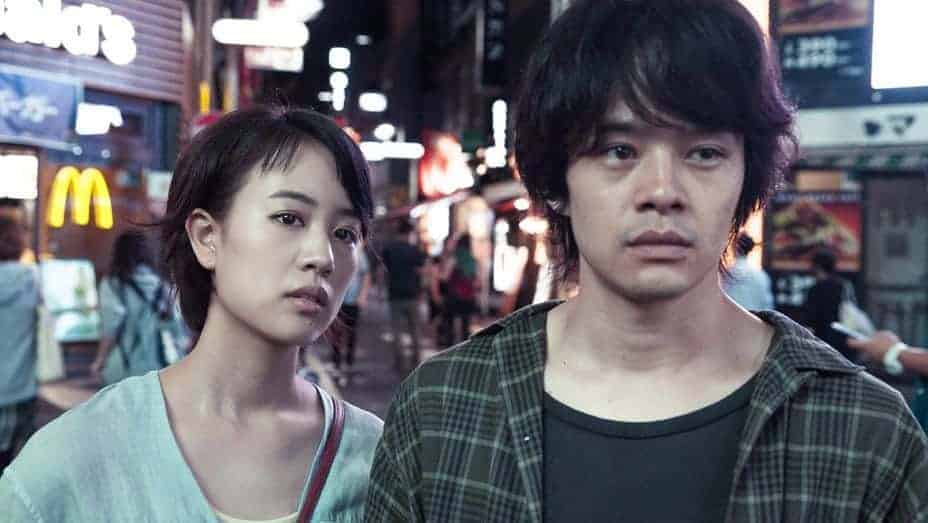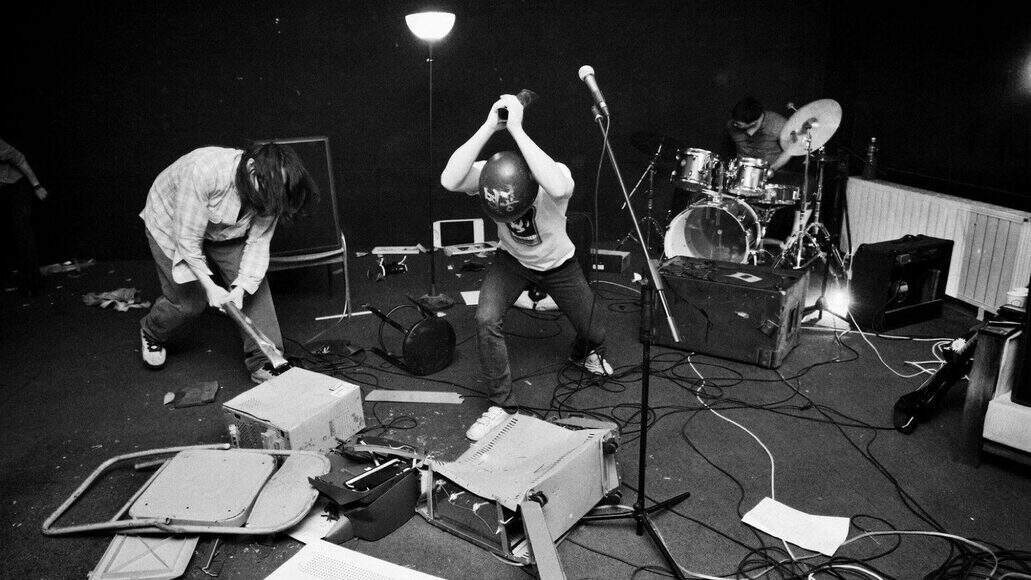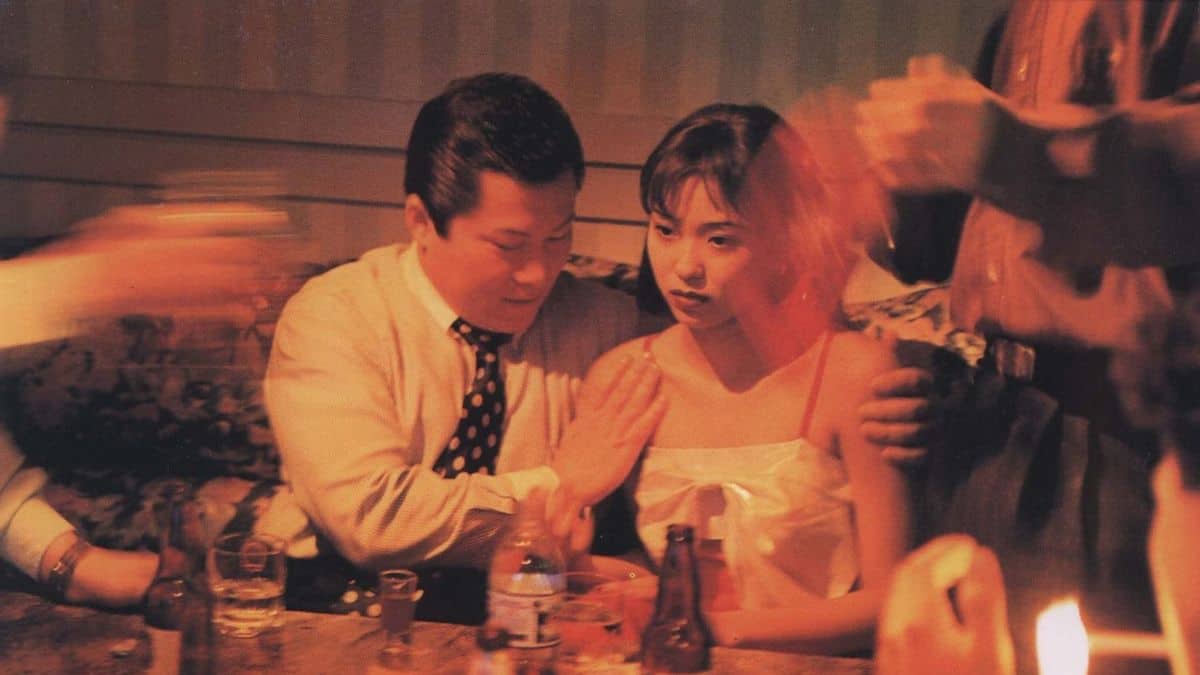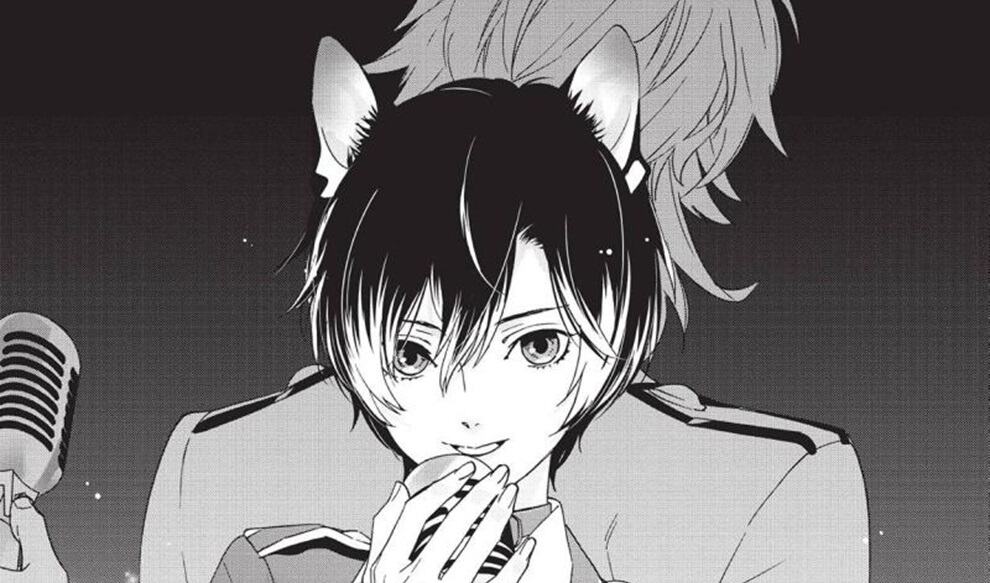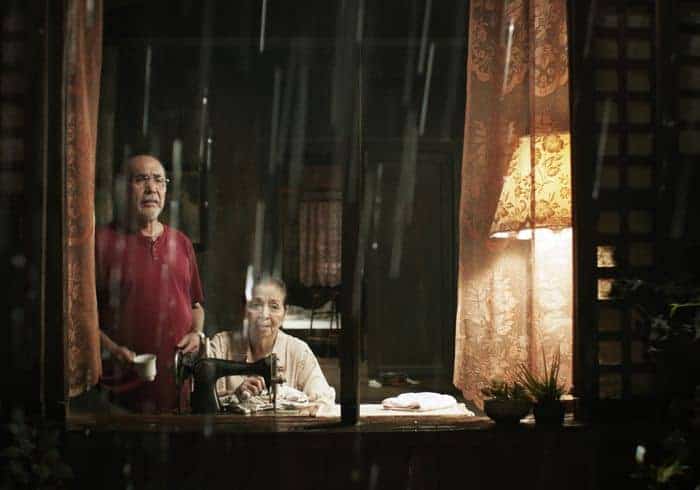Director Ly Hai made his first “Face Off” film (original Vietnamese: Lật Mặt) in 2015. It's 2024 and he's now on his 7th installment of the franchise. All helmed by Ly, each installment is a standalone, and each has exceeded the prior installment's box office numbers, helping “Face Off” to become the longest and most successful film franchise in Vietnam. The last installment was also a huge box office hit, currently holding the second place in the list of highest grossing films of all time in Vietnam.
Starting June 14, “Face Off 7: One Wish” opens exclusively in theaters same-weekend in 12 countries, including US, Canada, England, Scotland, Germany, Australia, New Zealand, Norway, Sweden, Czech Republic, Slovakia, Poland.

Hai is a 73-year-old widow who has been living in the country selling flowers and making a decent living for herself, while her children have all grown up and left for other territories with their spouses. However, when an accident causes her to be rather immobile due to a broken foot and the daughter who is supposed to take care of her has her own daughter in the hospital, who will take care of the elderly mother becomes an intense problem among the rest, who also have to face their own issues.
Check also this article
Big Brother, who is the richest of them all, is quite busy, as is his equally workaholic wife, and also has to face issues at his work and at home. Another brother, who works as a fisherman frequently missing from his house, also has his senile father-in-law to take care of, along with his wife. The last brother is in construction and is in the middle of building, while his wife is pregnant. The last sister, who works in the fields, is in the middle of harvest along with her husband, and also has no time. Not being able to find a solution, the four of them eventually decide to take care of their mother for one week each in their houses, with the order being decided through a draw. Her presence there eventually reveals the true situation of them all.
Although Ly Hai begins his movie as a kind of a comedy (in a tendency that seems to be quite dominant in Vietnamese cinema) he soon settles into family drama territory, as soon as Hai becomes incapacitated. Proceeding in rather episodic fashion, the visit to each family adds more drama to the narrative, even if its level is not exactly the same. The first part, with Big Brother, is probably the most dramatic, since despite being rich, the issues he has to face at work and the underlying tension with his wife and two children are soon revealed.
The second one begins in more light fashion, with Ba Hai having a rather good time with her senile in-law, but soon drama hits again, upon her son's leaving in the fishing boat he works in. The same, more or less, happens with the son who works in construction, with an error he has made potentially creating dire situations. Lastly, the last part, which is actually the lighter and funnier one, reveals the true situation of the last daughter in a way that is dramatic, but also funny to a point.
All of the segments share some common elements. To begin with, there is a tour guide element in the various locations of Vietnam, both urban and rural, which probably aims to highlight the beauties of the country. In terms of visuals, this aspect is the most impressive in the film, with DP Nguyen Ngoc Cuong presenting us with a series of images of extreme beauty, a feat that also benefits by the sepia and pastel dominated coloring.
The second is that each segment presents a different professional sector in Vietnam, with both its pros and its cons. The corporate world and its dog-eat-dog premises, the danger of deep sea fishing, construction and agriculture are all highlighted here, in a way that both adds to the entertainment and is realistically presented. Lastly, that Ba Hai is always the catalyst for the issues her children and their families face is another common aspect, that aims at showcasing the value of family and of filial piety.
This rich amalgam of all the aforementioned elements works quite well throughout the film, benefitting the most by Pham Quoc Dung's editing, with the change from drama to comedy and vice versa being well implemented. At the same time, there are moments that Ly Hai falls to the reef of forced sentimentalism, with the melodrama going too far. Furthermore, the movie would definitely benefit from a tighter ending, which would also bring the duration to something less than the somewhat excessive 139 minutes.
On the other hand, the acting is definitely on a very high level. Thanh Hien as Ba Hai gives an impressive performance throughout, anchoring the movie in the best way as the catalyst of the story. Her reaction when she makes a blunder in Big Brother's apartment is the apogee of her work here. Hai Khon as the Big Brother plays the strict and filled with angst father to perfection, but in general, all the actors that appear throughout, either in big or smaller roles, are quite good in the presentation of their characters.
All in all, although some issues do exist, mostly deriving from the intensely mainstream approach implemented here, “Face Off 7: One Wish” is a very entertaining, very rewarding, very well shot and acted movie, that will appeal to all fans of family dramas.



